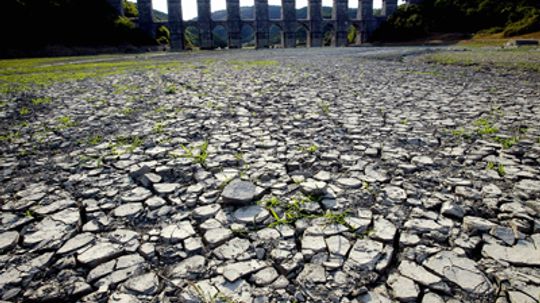Water, the elixir of life, is an invaluable resource that sustains all forms of existence on our planet. However, what would befall us if we were to face a catastrophic depletion of this precious commodity? The ramifications would be dire and far-reaching, impacting every facet of human civilization.
A Historical Perspective: Lessons from the Past
Throughout history, civilizations have risen and fallen based on their ability to manage water resources effectively. From ancient Mesopotamia’s intricate irrigation systems to the grand aqueducts constructed by the Romans, societies have recognized the pivotal role water plays in sustaining agriculture and supporting urban centers. Disregard for this vital resource has often led to devastating consequences such as drought-induced famines and societal collapse.
The Impending Crisis: A Global Concern
In today’s interconnected world, where population growth and climate change pose significant challenges, depleting our water reserves could trigger a global crisis with severe implications. As regions experience prolonged droughts due to shifting weather patterns or overexploitation of groundwater sources, food production will plummet while prices skyrocket. This scarcity-driven inflation will disproportionately affect vulnerable populations already grappling with poverty.
Economic Paralysis: Industries at Stake
Beyond its impact on agriculture and food security lies another critical concern – industrial operations heavily reliant on water resources. Manufacturing processes across various sectors necessitate substantial volumes of water for cooling purposes or as an integral component in production lines. Inadequate access to this essential input would cripple industries worldwide, leading to massive job losses and economic stagnation.
Conclusion: Navigating Towards Sustainable Solutions
The prospect of running out of water should serve as a clarion call for immediate action. Governments, communities, and individuals must prioritize sustainable water management practices to avert this impending crisis. Investing in innovative technologies for water conservation, implementing effective policies to regulate usage, and fostering international cooperation are crucial steps towards securing our future. By acknowledging the historical lessons learned and embracing responsible stewardship of this finite resource, we can ensure a thriving planet for generations to come.



